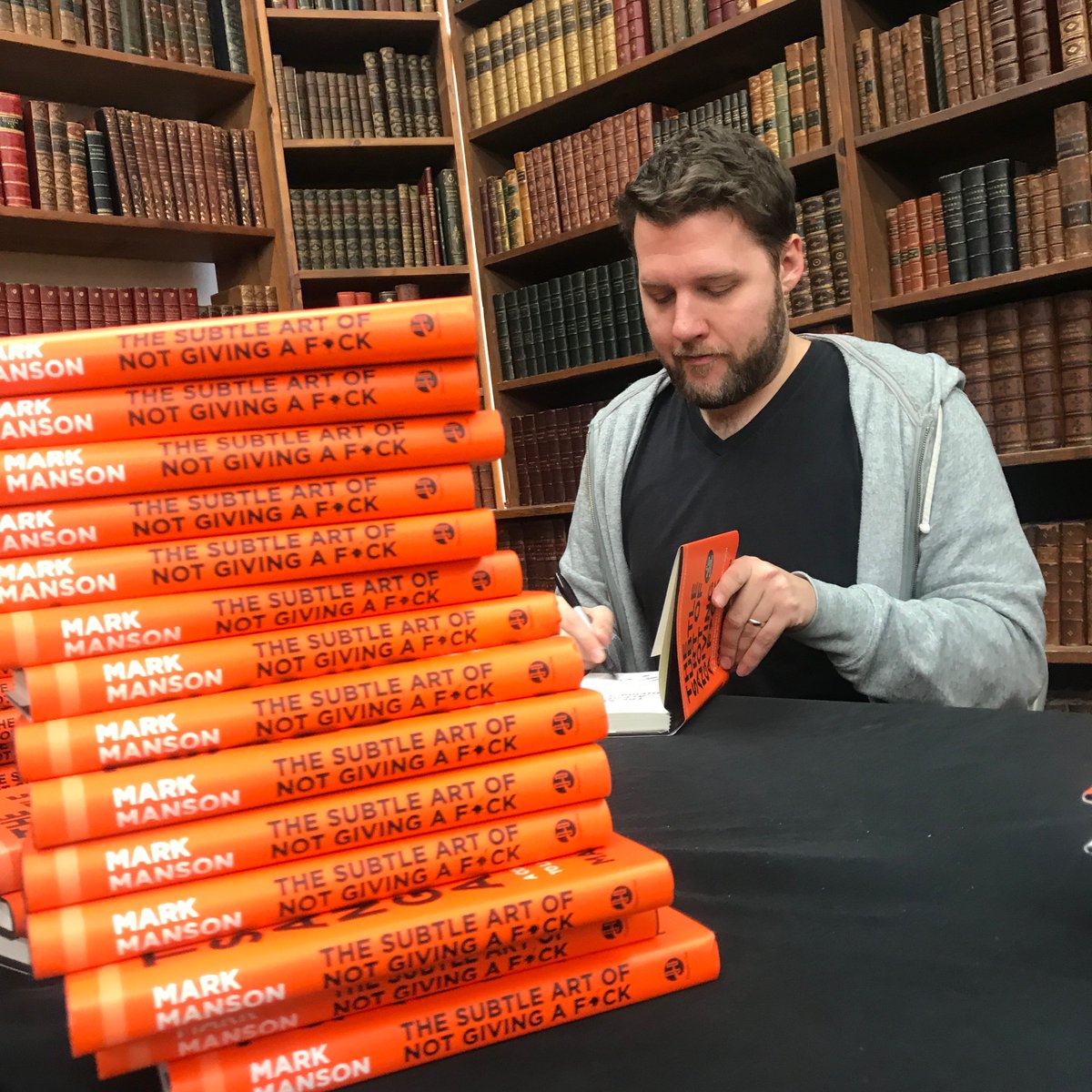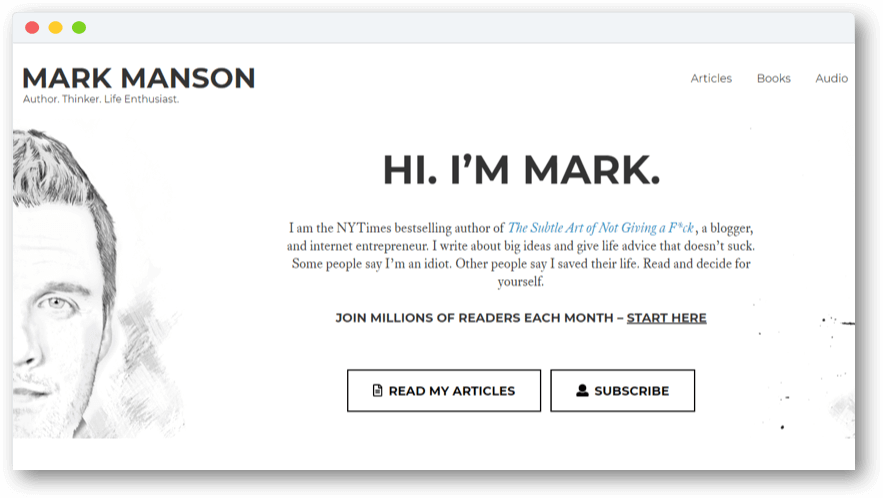
If we accept that the purpose of writing is to convey information, and if we’re not reading something for the pleasure of the writing itself, then it makes no sense to read any more words or sentences than are necessary to convey the information.

Read only first and last sentences of paragraphs

And the beauty is that if you scan through a paragraph and don’t completely grasp the meaning, you just go back, slow down, and add the words back in until makes sense. But this can double your reading speed yet again. Scanning paragraphs like this takes practice. In many cases the adjectives hint at the action taking place and so reading the verbs is unnecessary as well. But you’ll notice that the relationships between those chunks are all already implied. “A recent early morning hike in Malibu, California, led me to a beach, where I sat on a rock and watched surfers. I marveled at these courageous men and women who woke before dawn, endured freezing water, paddled through barreling waves, and even risked shark attacks, all for the sake of, maybe, catching an epic ride.” I marveled at these courageous men and women who woke before dawn, endured freezing water, paddled through barreling waves, and even risked shark attacks, all for the sake of, maybe, catching an epic ride.”īut as I read that paragraph, this is what stands out as my eyes scan it: “A recent early morning hike in Malibu, California, led me to a beach, where I sat on a rock and watched surfers. It’s from the Harvard Business Review and is about defeating procrastination. I’ll use another example from an article I read last night. But the mind has an amazing ability to fill gaps with appropriate information. The other habit that is taught in grade school that slows you down later is to pay attention to every word in a sentence in order. But most of the time the monologue goes off. I have a handful of favorite writers and bloggers that I always keep the monologue on for, because beyond the information I simply enjoy their style of writing. And when you do encounter a piece of great writing (*cough* like mine *cough*) you can always turn the monologue back on to really enjoy it. Mastering this, by itself, can double or triple your reading speed within a few days. Mindfulness and I actually think meditation can help with this. The first step to reading faster and more efficiently is to stop sounding out the words in your head. The problem is our eyes are capable of identifying words and sentences much faster than our inner monologue can make sounds. As we grow older, we continue to read through an internal monologue in our head. When we’re kids, we’re taught to read by sounding out every letter and then every word. For this reason, in the case of extremely well-written non-fiction, or when reading fiction or poetry for pleasure, I forgo most of these strategies.) (Note: In the cases of good fiction or poetry, it’s often not desirable to read the book as quickly as possible, since the purpose of reading it is the artistic merit of the writing itself. Grammar and vocabulary are prerequisites for this, but not the ultimate purpose. What we have to do, as educated adults, is re-orient the way we read to consume information and ideas efficiently.

Therefore the way we’re taught to read when we’re young is designed to do that efficiently, not necessarily transmit information efficiently. Written language has the magical power of taking an idea from my brain and inserting it into yours, regardless of space or time or whether we like each other or not.īut when we’re young, the purpose of reading is to learn vocabulary and proper grammar. The answer is the transmission of information. But why do we even read in the first place? It’s so obvious that few people bother to think about it. That sounds like a pretty stupid question.


 0 kommentar(er)
0 kommentar(er)
